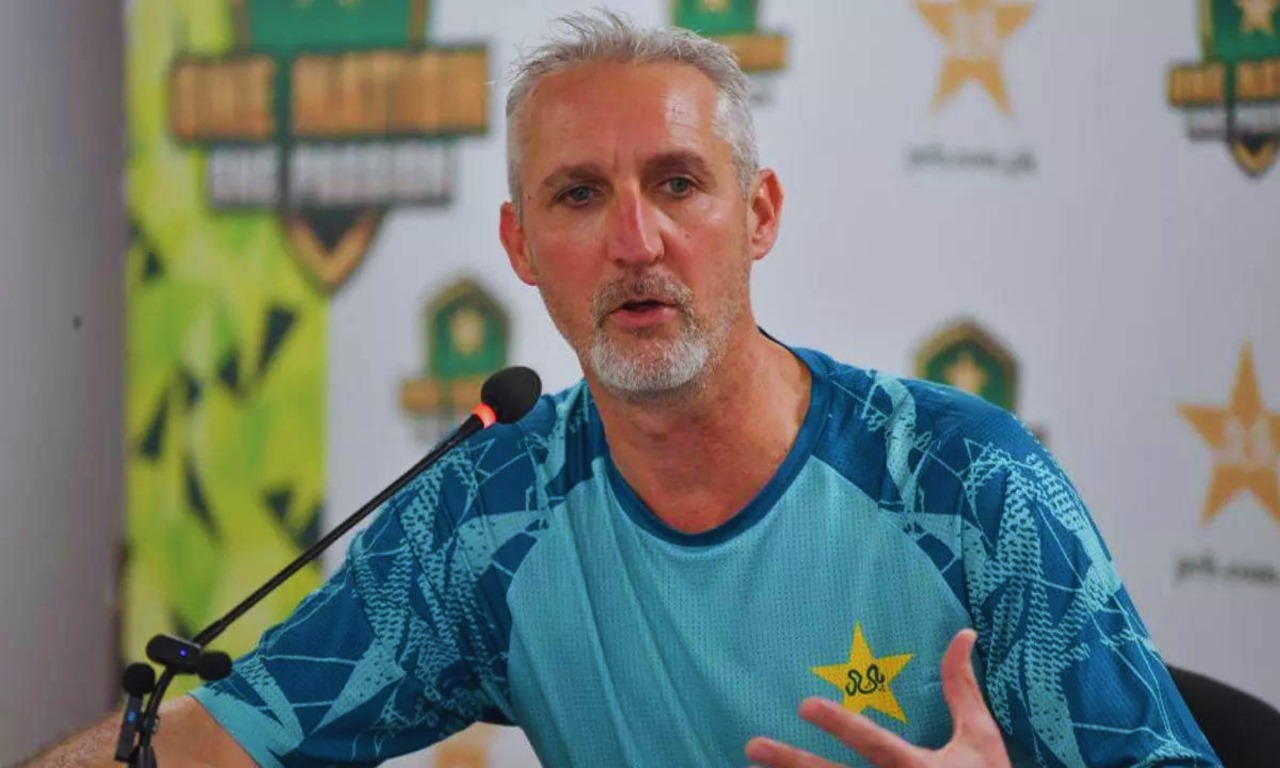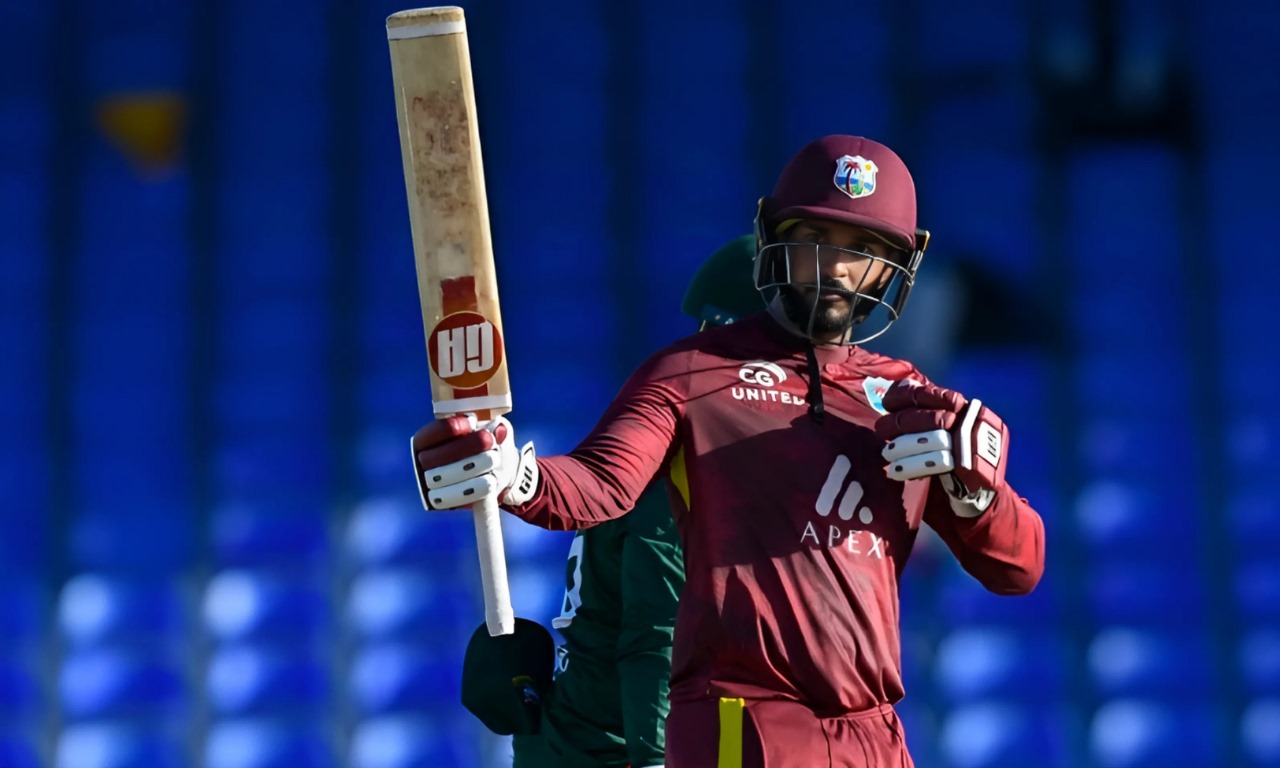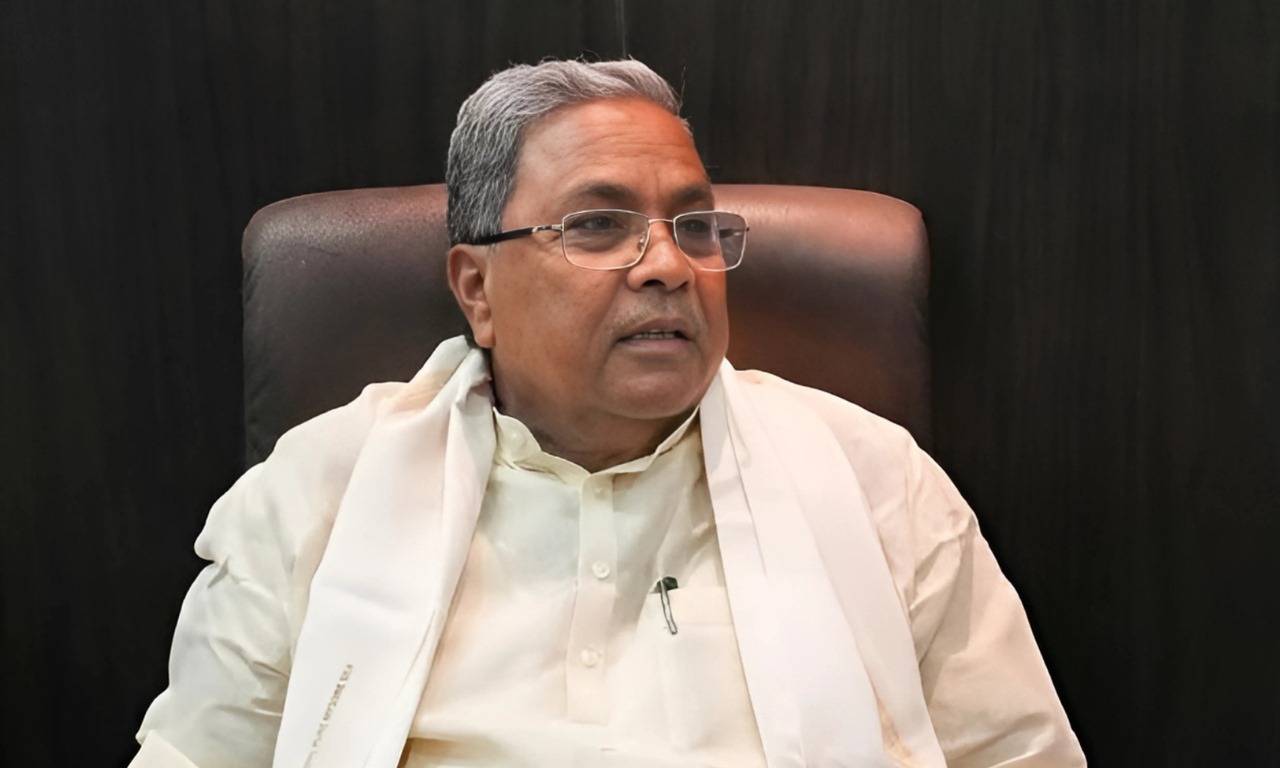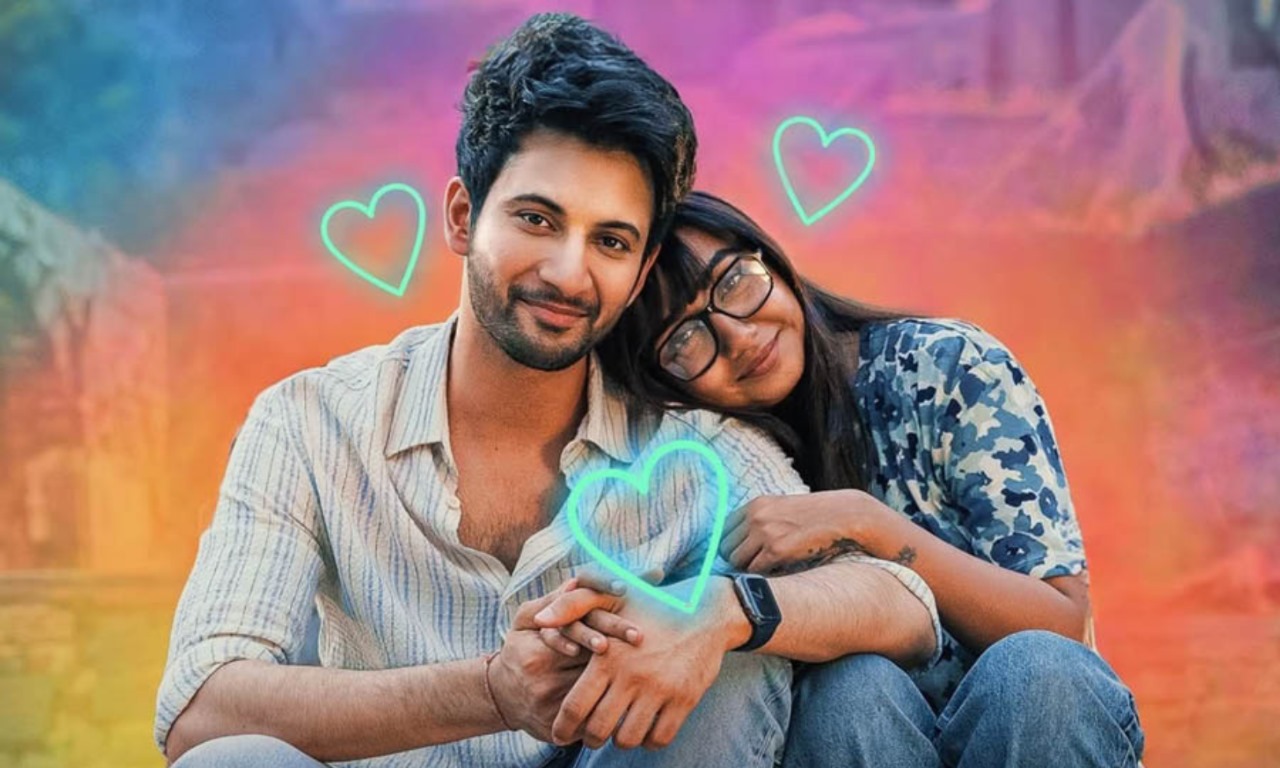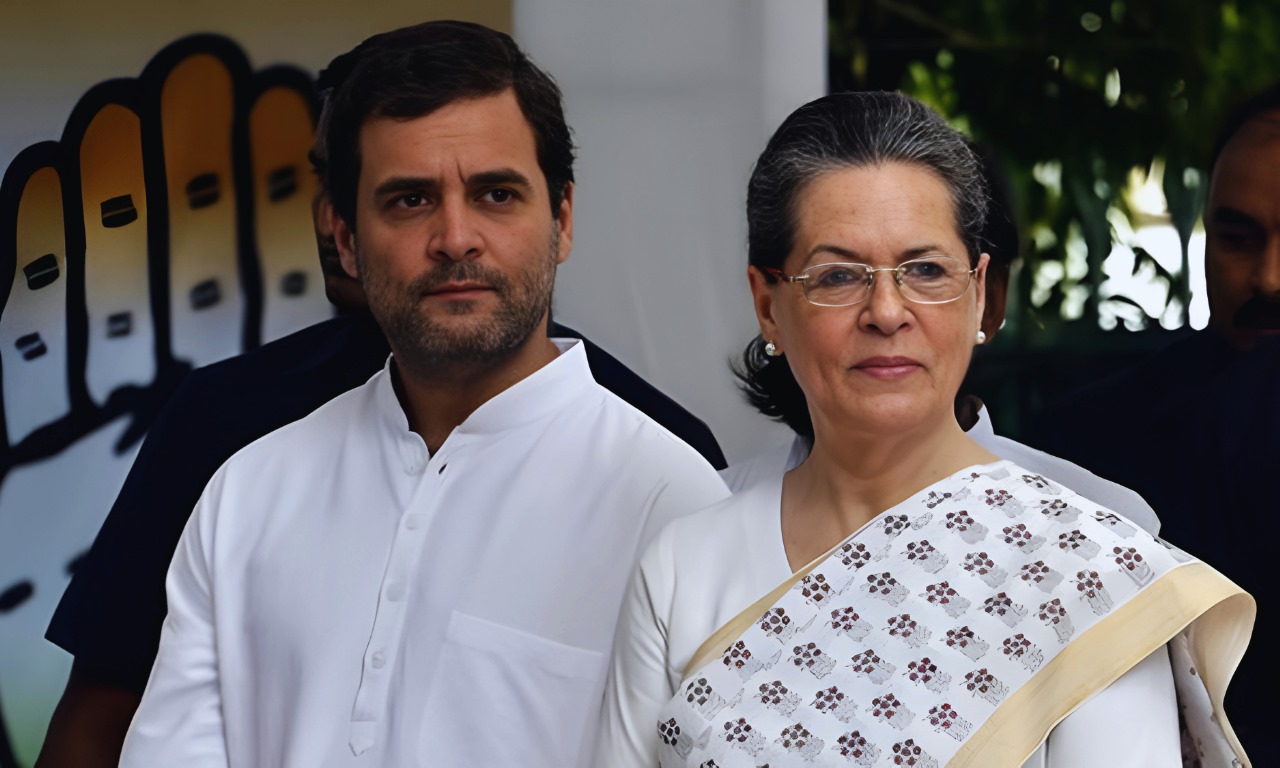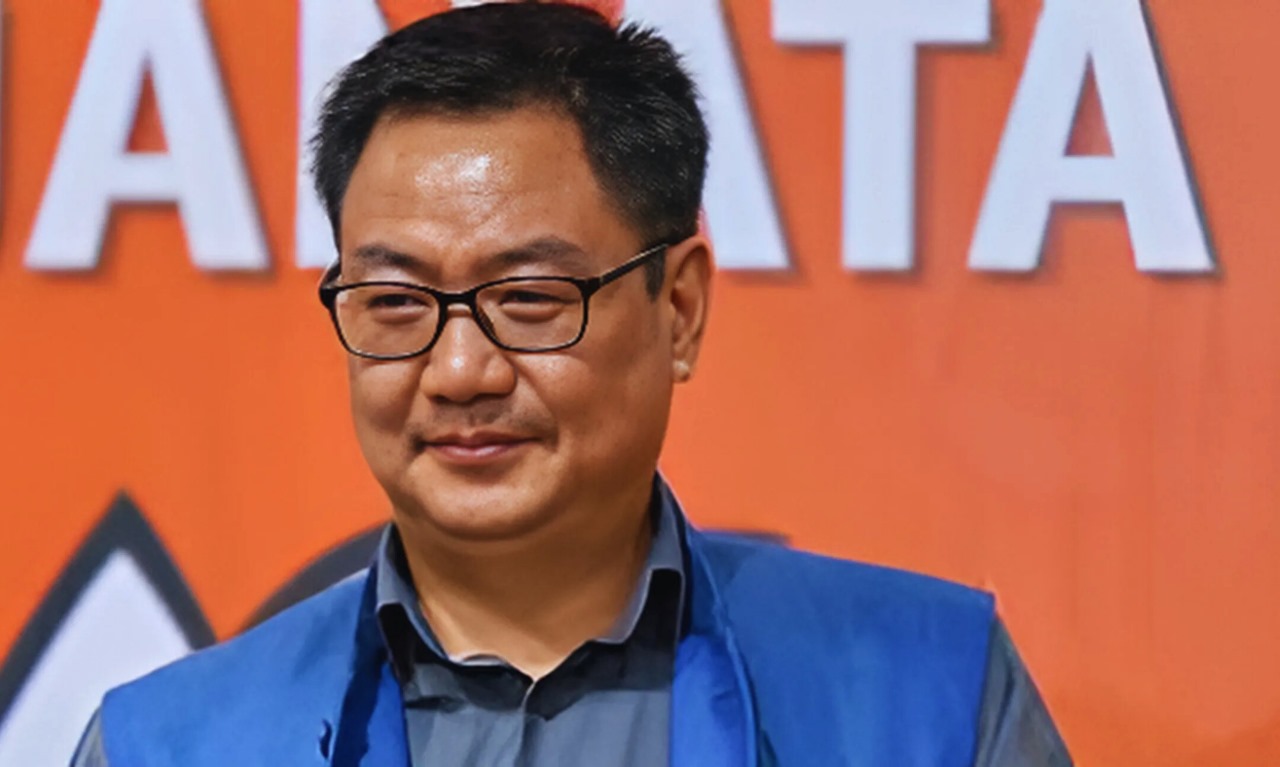Foreign Secretary Vikram Misri Highlights Strengthened Ties in Talks with Bangladesh’s Touhid Hussain
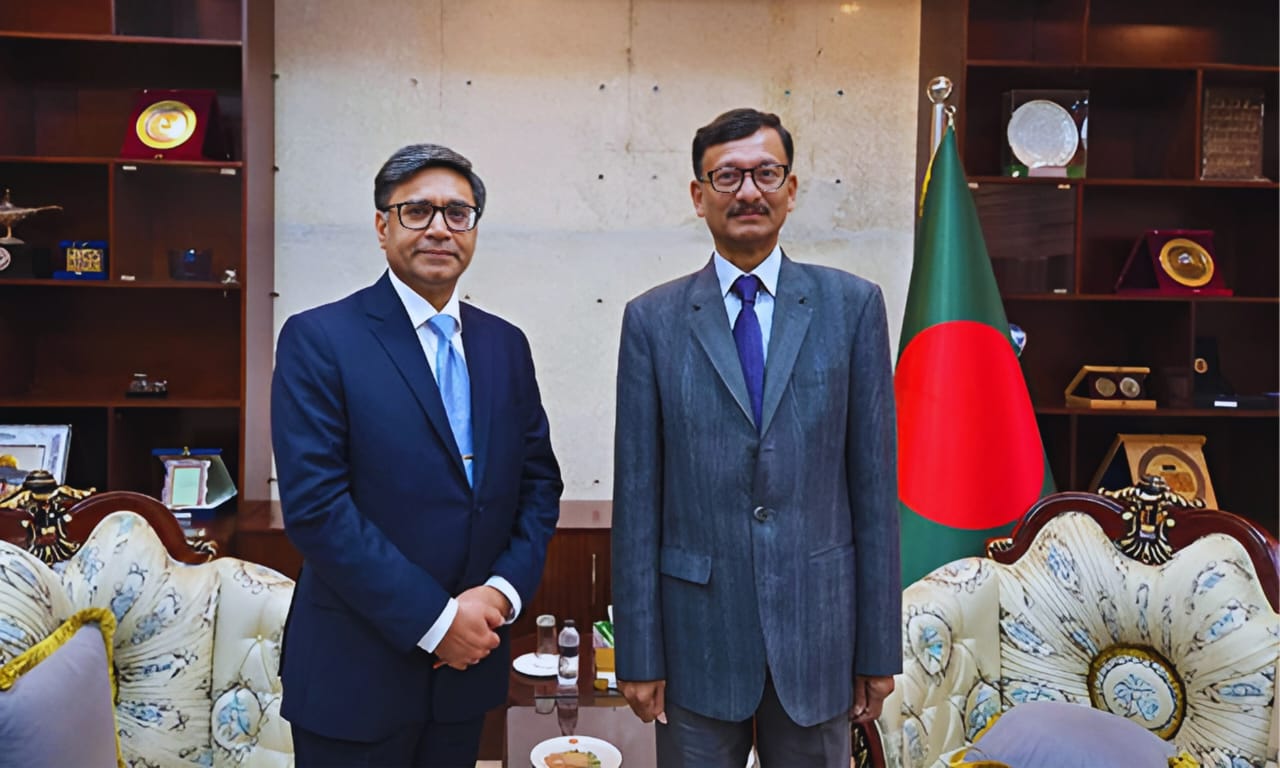
Indian Foreign Secretary Vikram Misri visited Bangladesh on Monday for high-level diplomatic talks, signaling an important step toward addressing the deteriorating relationship between the two countries.
His one-day visit, the first since political changes in Bangladesh, was marked by candid discussions aimed at fostering mutual understanding and addressing pressing issues.
Strengthening Bilateral Dialogue
Vikram Misri arrived in Dhaka aboard an Indian Air Force jet and held extensive discussions with Foreign Adviser Touhid Hossain and his counterpart Mohammad Jashim Uddin.
After the meetings, Misri described the talks as an opportunity to reassess the relationship between the two nations.
“Today’s discussions have given both of us the opportunity to take stock of our relations, and I appreciate the opportunity today to have had a frank, candid, and constructive exchange of views with all my interlocutors,” Misri said.
Among the issues discussed were concerns about the safety of minorities in Bangladesh and recent attacks on cultural and religious sites.
Misri highlighted India’s apprehensions over such incidents, underscoring the need for better protection and welfare measures.
A Changing Political Landscape
Relations between India and Bangladesh have been under strain since August when former Prime Minister Sheikh Hasina was ousted amidst massive anti-government protests.
Hasina fled to India, and Nobel laureate Mohammad Yunus assumed leadership as the head of an interim government.
This political shift marked a turning point in bilateral ties, which worsened further due to increasing incidents of violence against Hindus and the arrest of Hindu monk Chinmoy Krishna Das.
New Delhi voiced its strong concerns over these events, which included attacks on temples and other minority-owned properties.
The Diplomatic Meeting
Misri’s visit included a one-on-one meeting with Bangladeshi Foreign Secretary Mohammad Jashim Uddin, followed by a formal session attended by delegations from both countries.
Held at the state guest house Padma, the meeting provided a platform for structured discussions on critical issues.
A Bangladeshi foreign ministry official noted, “The meeting between our foreign secretary Jashim Uddin and his counterpart Vikram Misri is taking place as scheduled.
They first held brief one-on-one talks and then the formal meeting began with delegates from both sides.”
Tensions Over Minority Safety
The safety of minorities in Bangladesh has become a focal point in the strained relationship. A spate of attacks targeting Hindus has triggered protests in India and strong diplomatic reactions.
New Delhi has repeatedly called on the Bangladeshi government to take swift and effective measures to protect its minority communities.
Recently, the Bangladeshi foreign ministry summoned the Indian envoy to protest a demonstration in Agartala, where a group stormed the Bangladeshi mission. These developments have added complexity to the already tense diplomatic scenario.
Diplomatic Context and Recent Interactions
Before Misri’s visit, the last significant interaction between Indian and Bangladeshi officials occurred in September.
Foreign Adviser Touhid Hossain and Indian External Affairs Minister S. Jaishankar met briefly on the sidelines of a UN General Assembly meeting in New York.
Although both Prime Ministers Narendra Modi and Mohammad Yunus attended the summit, they did not engage in direct discussions, reflecting the challenges in the current diplomatic environment.
Addressing Key Issues
Misri’s agenda in Dhaka was part of the structured Foreign Office Consultations framework. Ministry of External Affairs Spokesperson Randhir Jaiswal described the visit as “a continuation of our regular interactions with Bangladesh.”
While in Dhaka, Misri also planned to meet with interim Prime Minister Mohammad Yunus for a courtesy call, emphasizing the importance of high-level engagement in navigating the current challenges.
Restoring Bilateral Trust
Misri’s visit holds significant diplomatic value, serving as an effort to bridge the growing divide between the two nations.
Through open and constructive discussions, both sides aimed to find common ground on sensitive issues, including minority safety and political stability in Bangladesh.
However, the path to restoring trust and cooperation is fraught with difficulties. The political instability in Bangladesh and the escalating violence against minorities require sustained efforts from both sides to rebuild mutual confidence.
Moving Forward
The strained relations between India and Bangladesh are a reminder of the fragility of regional stability. Misri’s visit underscores the importance of diplomatic dialogue in addressing such challenges.
While the discussions in Dhaka may not yield immediate solutions, they mark a critical step toward repairing and strengthening ties between the two nations.



